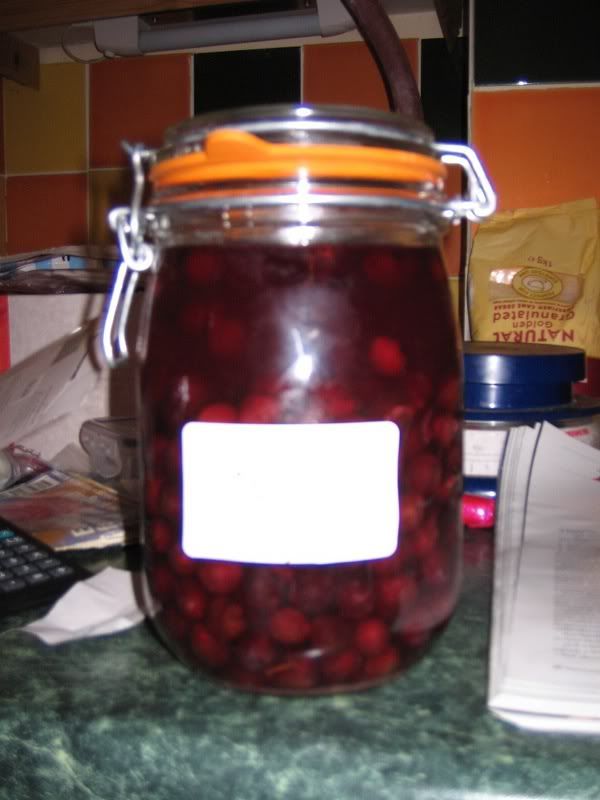The Scotch Whisky Act and Order
The Scotch Whisky Act 1988 and The Scotch Whisky Order 1990 define Scotch Whisky in UK law. Under the legislation, Scotch Whisky means whisky:
(a) which has been produced at a distillery in Scotland from water and malted barley (to which only whole grains of other cereals may be added) all of which have been:
(i) processed at that distillery into a mash;
(ii) converted to a fermentable substrate only by endogenous enzyme systems; and
(iii) fermented only by the addition of yeast;
(b) which has been distilled at an alcoholic strength by volume of less than 94.8% so that the distillate has an aroma and taste derived from the raw materials used in, and the method of, its production;
(c) which has been matured in an excise warehouse in Scotland in oak casks of a capacity not exceeding 700 litres, the period of that maturation being not less than three years;
(d) which retains the colour, aroma and taste derived from the raw materials used in, and the method of, its production and maturation, and to which no substance other than water and spirit caramel has been added.






 Reply With Quote
Reply With Quote




























Bookmarks